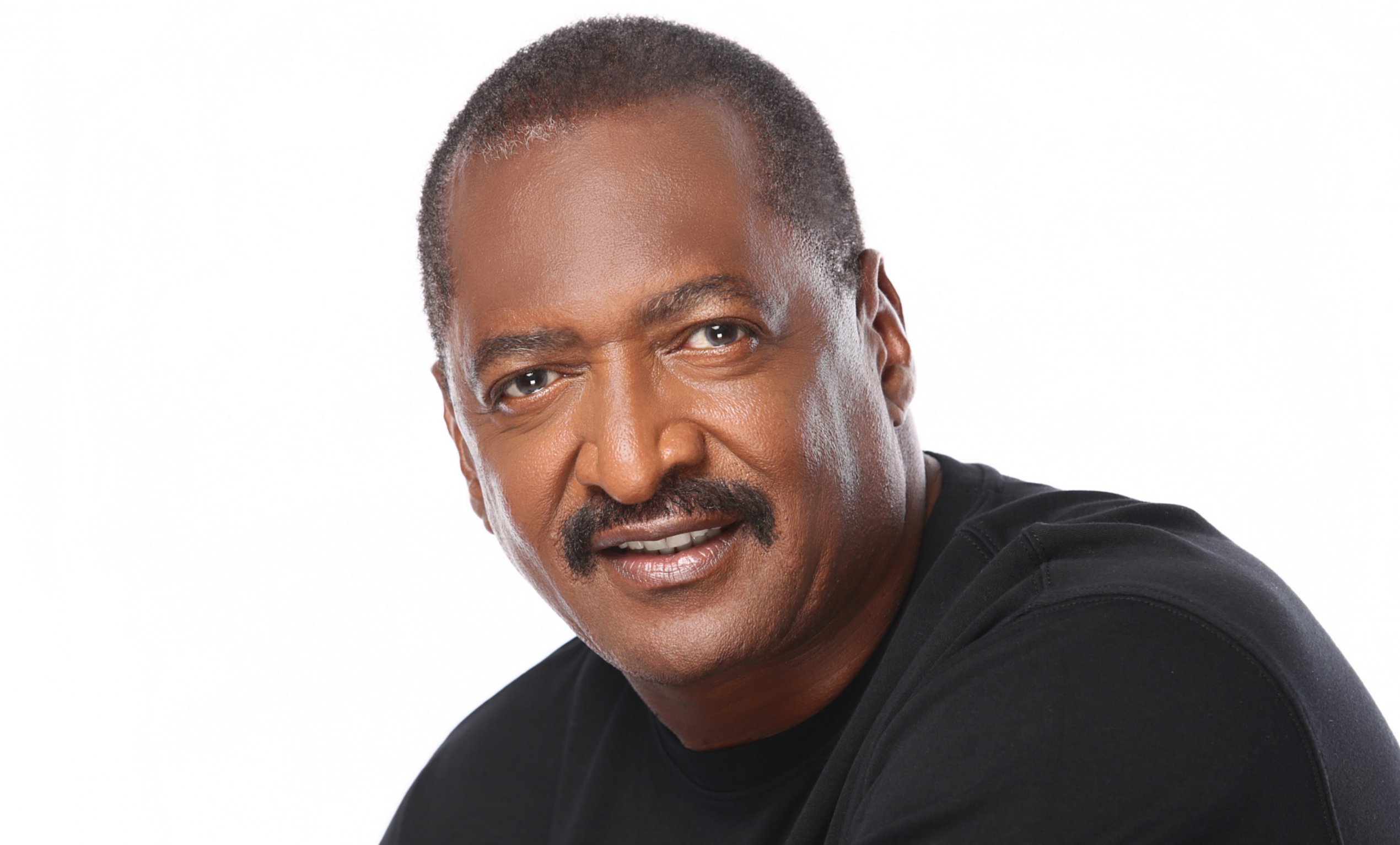Men Aren't Alone in the Fight Against Breast Cancer
- Entertainment executive Mathew Knowles is a lot of things a husband, father, and male breast cancer survivor.
- It’s been two years since his cancer diagnosis, and he’s encouraging people to be proactive about their health and to let men know they can get breast cancer, too. In addition, he’s using his platform to educate people on cancer among Black and brown people.
- Men account for less than 1% of breast cancer cases; the American Cancer Society estimates that 2,650 men will be diagnosed with breast cancer in 2021.
This year marks two years since his breast cancer diagnosis. The "male chest cancer survivor," as he prefers to be called, carries the BRCA2 (BReast CAncer 2) gene mutation. This means that his children have a 50% chance of also carrying the gene that predisposes you to certain types of cancers. (In a prior interview, Knowles says that Beyoncé and Solange have tested negative for the gene mutation.)
Read MoreBreast Cancer in Men
In addition to informing the world about breast cancer in men, he’s using his platform to educate people on cancer among Black and Brown people.“When you look at structural racism, it is a conglomerate of things,” Knowles says. “It’s poverty. It’s education. It’s housing. But it’s also a health and wellness.”
Men account for less than 1% of breast cancer cases; the American Cancer Society estimates that 2,650 men will be diagnosed with breast cancer in 2021.
"The numbers we have for men (with) breast cancer are not adequate," Knowles said during an exclusive interview with Good Morning America in 2019. "Because we don't have enough men that come forward, that take the exam I'm hoping by me coming here today, speaking out, letting folks know that you can survive this."
Knowles is right to urge Black men to be aware of breast cancer risks; even though breast cancer is about 70 times less common among Black men than Black women, according to American Cancer Society statistics, both Black men and Black women tend to have a worse prognosis when it comes to the disease. (Breast cancer is about 100 times less common among white men than among white women.)
In addition, men are more likely than women to ignore symptoms especially symptoms that indicate breast cancer.
Related: Breast Cancer in Men: Risk Factors to Be Aware Of
Men Aren't Alone in the Fight Against Cancer
Marc Futterweit is a two-time male breast cancer survivor who has taken his advocacy for the disease on the road. In a previous interview, he tells SurvivorNet that a lot of men either don't report their symptoms, or they wait too long to report symptoms and at that point, the cancer has spread.
"The problem with men is that they wait, they think things are going to go away and then there's a real problem," he says. "When I was first diagnosed, I didn't tell my wife. I thought I was holding it together."
Like Knowles, he's urging men to speak up about their symptoms.
"There's not much out there about male breast cancer. I always thought it was very rare," Futterweit says. "Men are basically standing in the shadows. They're ashamed or embarrassed this is a woman's disease, this, that and the other."
"Just remember, it's nothing that you have done to cause you to get breast cancer. It's nothing to be embarrassed about. It's not a woman's disease. You're not alone."
Contributing: Marisa Sullivan and Laura Gesualdi-Gilmore
Learn more about SurvivorNet's rigorous medical review process.


